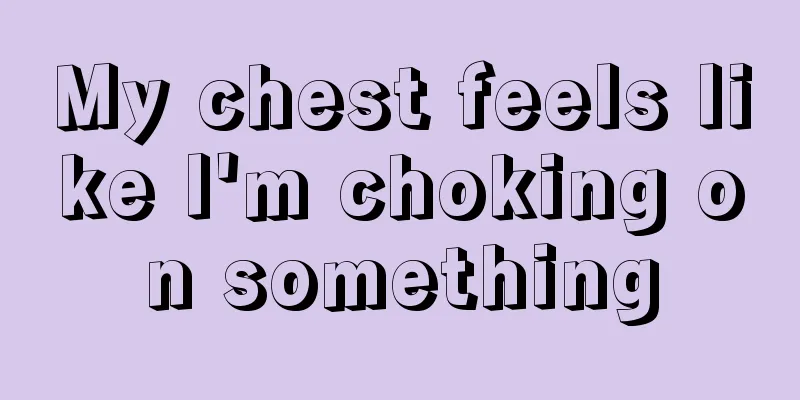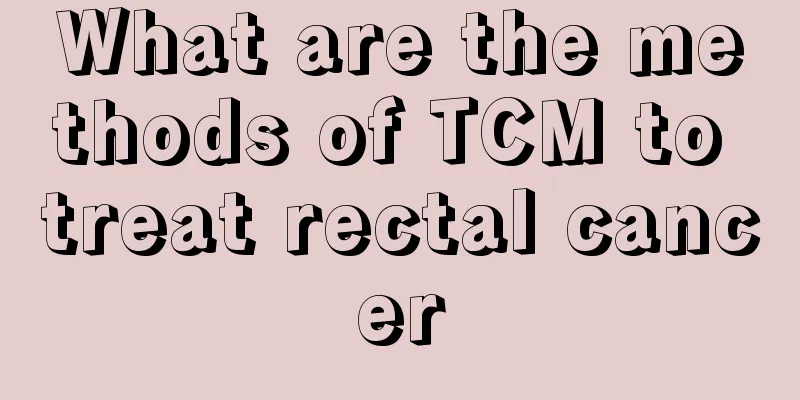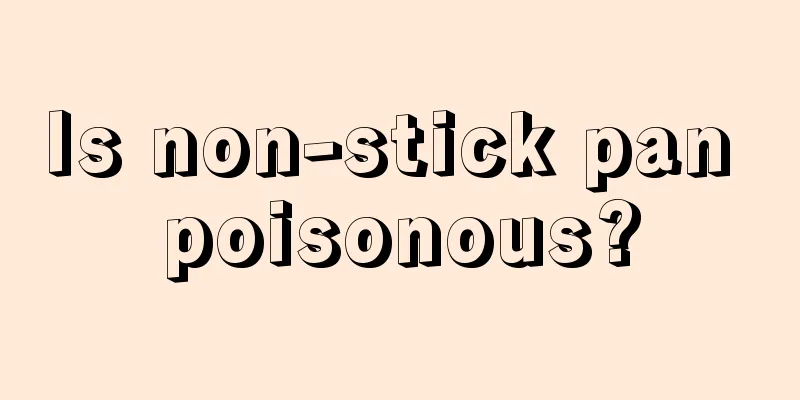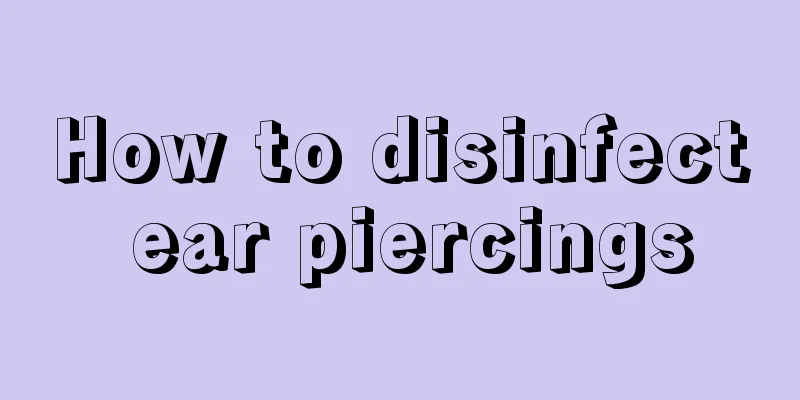My chest feels like I'm choking on something

|
Eating cannot be considered as an exercise for us. It should be said to be a normal activity. If we do not eat, the nutrients in our body will be consumed quickly and the body will definitely not be able to support it for long. Eating is not only a necessary process for us, but also a kind of enjoyment, especially if what we eat is our favorite food, it satisfies our taste buds even more. Some people suddenly feel like they are choking in their chest when eating. Why is this? The main concern is esophagitis. Esophagitis is an inflammation of the esophagus, which refers to inflammation caused by edema and congestion of the esophageal mucosa due to irritation or damage to the superficial or deep tissues of the esophageal mucosa. Chemical irritation includes stomach acid, bile, strong liquor, strong acid, strong alkali, drugs, etc.; physical irritation includes hot food, drinks, foreign bodies in the esophagus (fish bones, etc.), long-term placement of nasogastric tubes, etc. Esophagitis may also be caused by local damage to the esophagus due to chemotherapy or radiotherapy, or by infection with tuberculosis, fungi (Candida) or viruses due to the patient's own decreased resistance. The most common clinical condition is reflux esophagitis caused by gastric acid reflux. Causes and classification 1. Radiation esophagitis 2. Acute corrosive esophagitis Corrosive esophagitis often occurs as an accident and is prone to occur in children. In particular, various household cleaners have entered many households and are easily ingested by children. These products contain sodium hydroxide (potassium), sodium carbonate (potassium), potassium permanganate, etc. Corrosive esophagitis in adults is often caused by swallowing strong acids or alkalis as a means of suicide. It is not uncommon for strong acids and alkalis to be accidentally ingested by people when they are stored in containers used for beverages or alcohol. Drug-induced esophagitis has received clinical attention in recent years. It is now recognized that patients of all ages, in all settings, and taking all therapeutic doses of medications have the potential to injure the esophagus. 3. Suppurative esophagitis Purulent esophagitis is a purulent inflammation caused by bacteria invading the esophageal mucosa when the esophageal mucosa is damaged. Patients may be asymptomatic or have only neck pain or sore throat. Patients with a larger lesion area may also experience symptoms such as dysphagia, pain behind the sternum, chills, and fever in addition to neck pain or odynophagia. Those with higher reactivity often have high fever. A small number of patients may develop sepsis and show corresponding symptoms. 4. Reflux esophagitis The main symptoms are heartburn, pain and difficulty in swallowing, and pain behind the sternum. When esophagitis is severe, it can cause esophageal spasm and esophageal stenosis, a "choking" feeling when swallowing food, and even vomiting. Bleeding from esophagitis is usually mild, but it may also cause vomiting of blood or black (tarry) stools. Esophagitis caused by different causes may be accompanied by corresponding clinical manifestations. |
<<: Why do I often choke when eating
>>: What are the dangers of taking hormones for a long time
Recommend
Women's Endometrial Cancer Hospital
Which is the best hospital for the treatment of e...
What benefits does crystal have on the human body?
Natural crystal is the purest gem in the world. B...
Are radiation protection suits really useful?
As we all know, anti-radiation clothing is a must...
What are the early symptoms of stomach cancer in women?
What are the early symptoms of gastric cancer in ...
Adult rib valgus correction
It is well known that the bones in the body are e...
What are the effective ways to prevent lung cancer? 13 things to pay attention to in preventing lung cancer
Everyone will develop various diseases. In today&...
Are the flowers of the osmanthus tree edible?
Most of the flowers of the osmanthus tree are edi...
What should I do if my nose bridge is swollen after being hit?
A swollen nose is a very common phenomenon in lif...
How long can one live with advanced nasopharyngeal cancer
Some people are not familiar with the symptoms of...
What is the best way to treat lung cancer? 4 effective treatments for lung cancer
What is the best way to treat lung cancer? The me...
What side effects does rabeprazole cause
If we do not pay attention to our diet or are car...
14 Weird Health Secrets
Some things may seem very strange, but they are i...
How to whip chocolate cream
Chocolate cream is chocolate added to cream. The ...
Is frequent farting a symptom of advanced colon cancer?
Is frequent farting a symptom of advanced colon c...
What does a cyst in the right lobe of the liver mean
The liver is an important tissue in our human bod...









